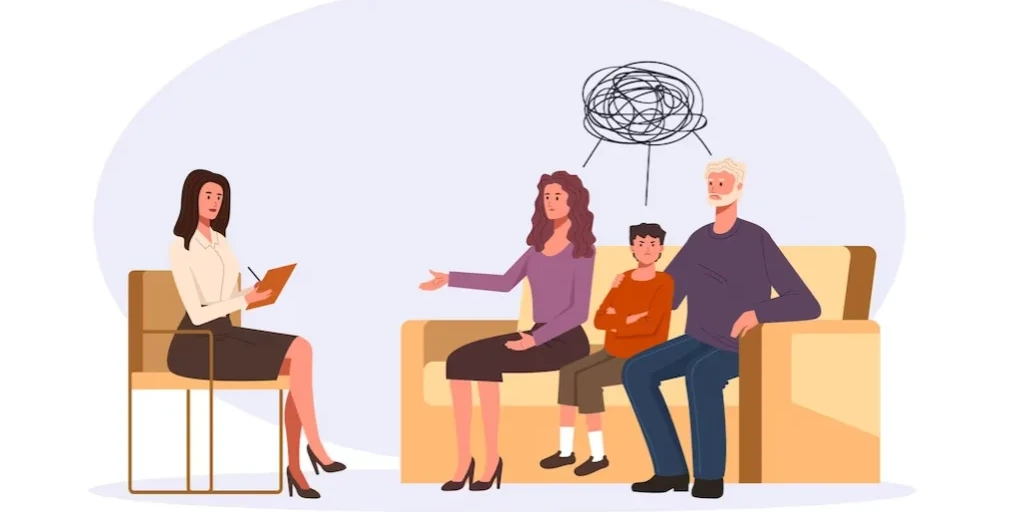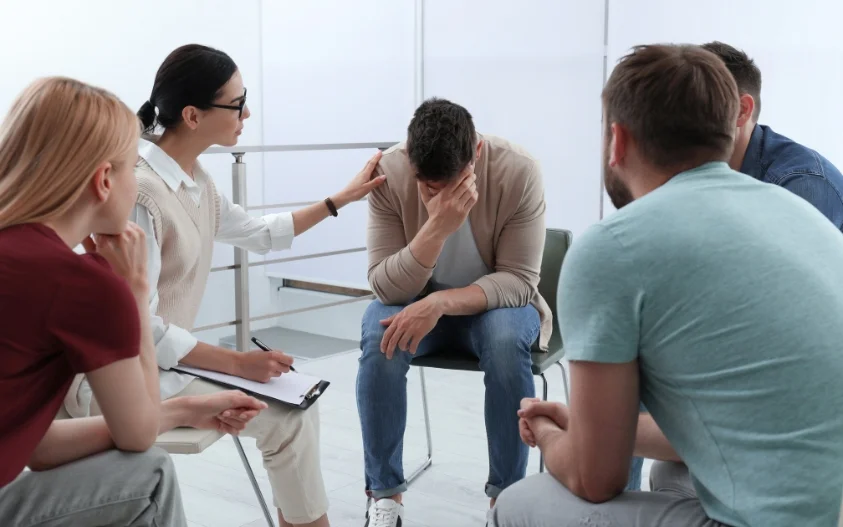24/7 Helpline:
(866) 899-111424/7 Helpline:
(866) 899-1114
Learn more about Bipolar Disorder Treatment centers in Choctaw County
Bipolar Disorder Treatment in Other Counties












Community Counseling Services
Community Counseling Services is a private rehab located in Ackerman, Mississippi. Community Counsel...

















Other Insurance Options

Group Health Incorporated

Choice Care Network

Optima

United Health Care

Kaiser Permanente

UMR

Health Partners

Medical Mutual of Ohio

Absolute Total Care

Anthem

Providence

Self-pay options

Health Net

Meritain

Regence

Covered California

Sliding scale payment assistance

BlueCross

WellCare Health Plans

GEHA